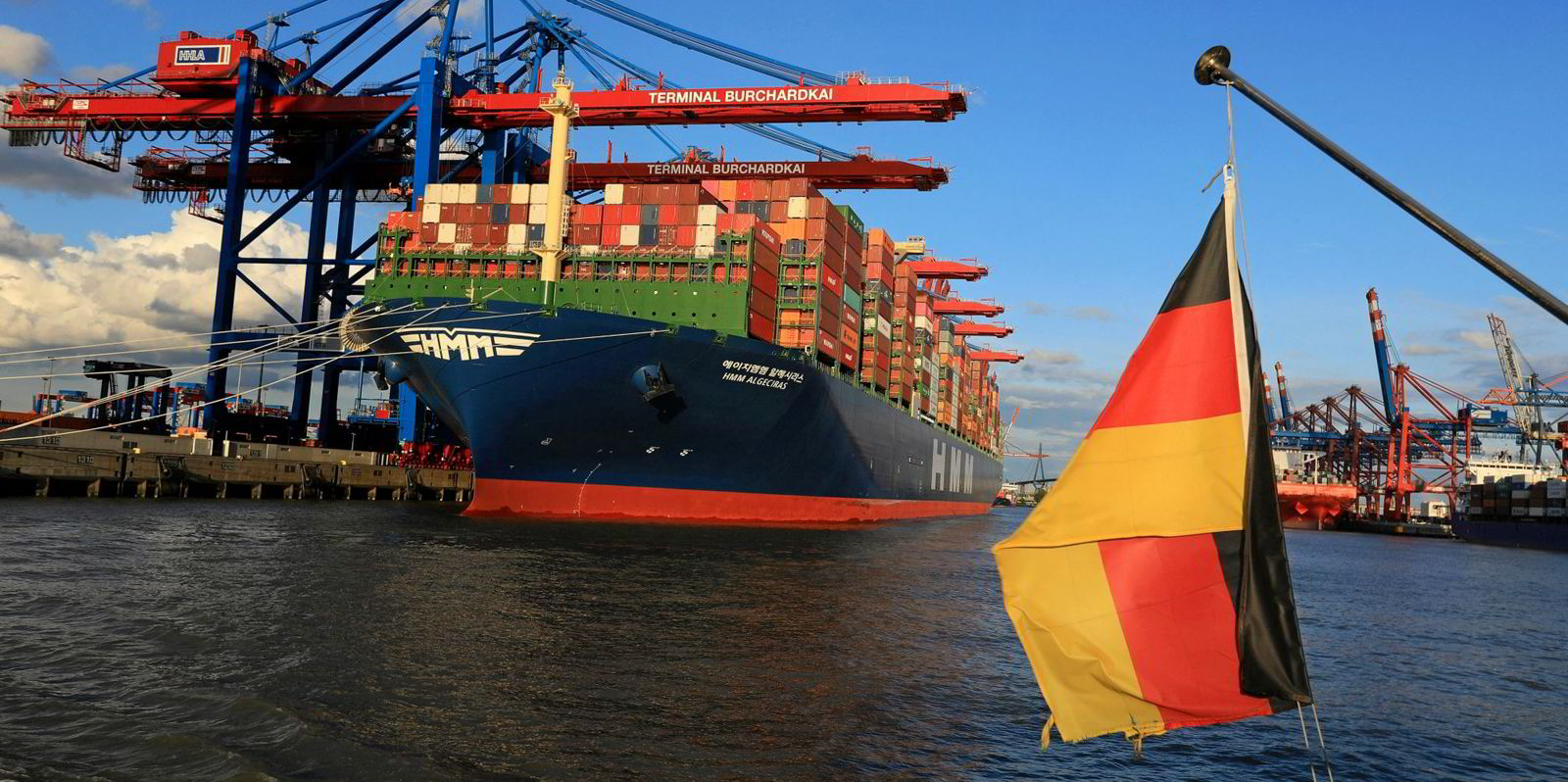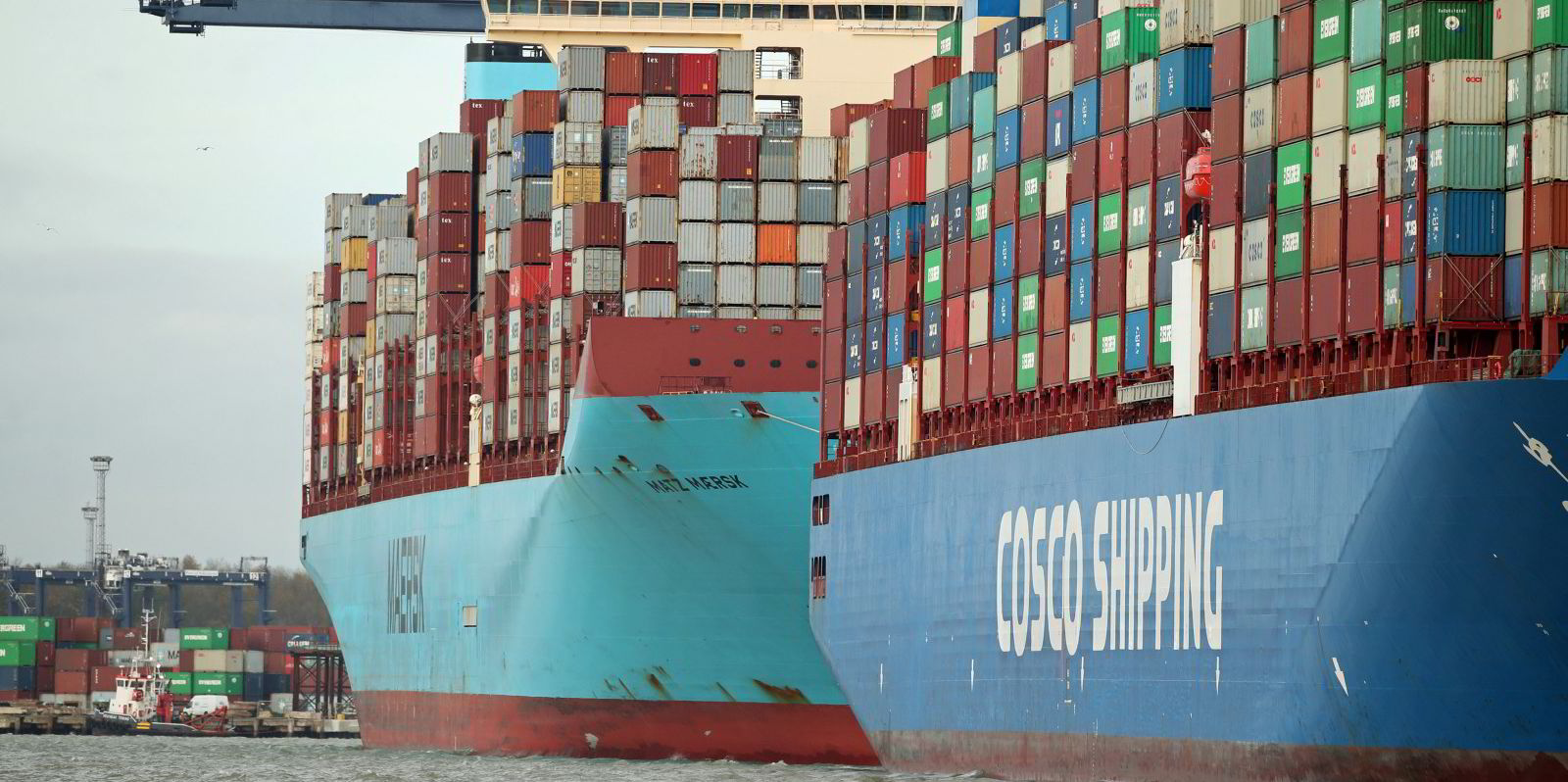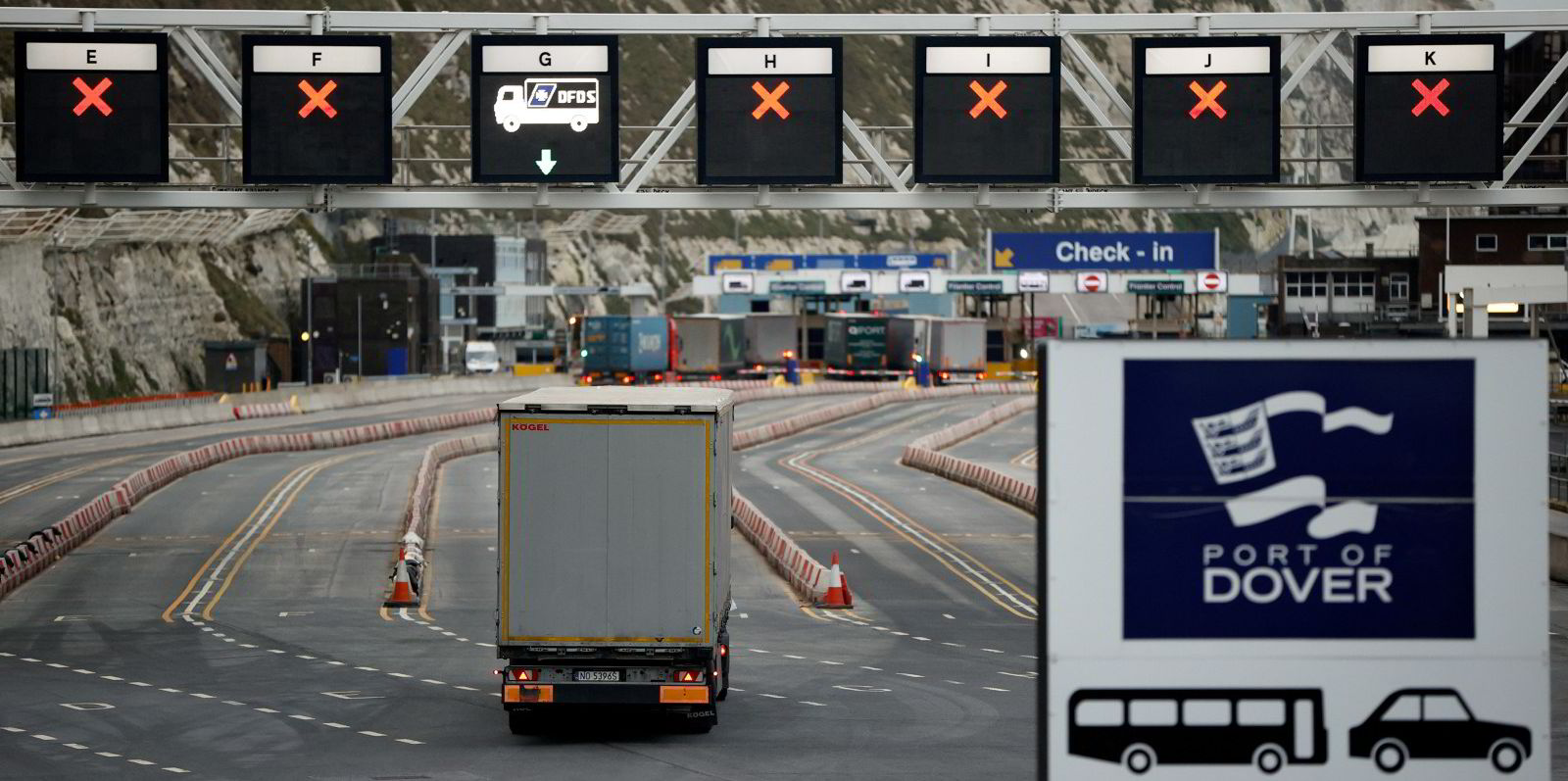I am a true Brit. I love warm beer, fish and chips and Manchester United. But I do hate Brexit and the shipping chaos it is causing. If you listen to the government, the current difficulties exporting out of the UK are just “teething problems”.
If you listen to the UK Chamber of Shipping, you won’t hear anything at all: that organisation is keeping its head down. Why this silence, or the soothing PR platitudes coming out of the UK government?
This is a screw-up that was entirely predictable, but many seem reluctant to spell it out, in the hope of a prosperous future somewhere on the horizon: Britannia Unchained, Singapore-on-Thames or something of the sort.
Boris’ promises
Presumably, the chamber believed Prime Minister Boris Johnson’s rhetoric at the Greenwich Maritime Museum this time last year when he promised to rebuild free trade and the country’s proud seafaring heritage. There are hopes of cadet training schemes and a more attractive tonnage tax being introduced.
But few want to mention that one-third of the UK-flag fleet has fled in recent years over Brexit uncertainty.
Be fair, you may say: ministers have got enough on their plate with the Covid-19 pandemic, which no one could have predicted.
It is true Covid-19 has not helped, but there is nothing new about Brexit. The vote to leave the European Union was taken nearly five years ago.
Where is the planning? The government decided we needed 50,000 new customs agents (so much for less bureaucracy post-EU) and yet, as of today, the figure is closer to 8,000.
The Road Haulage Association — one trade organisation that has not shirked away from criticising government — told me this week that Covid-19 was playing a minor role in the wider chaos.
The number of customs declarations made out by British exporters last year has been estimated at 50m and is expected to be 270m this year
And the association expects the problems that have hit its members to get considerably worse, not better, in the months ahead.
Why? Because trade volumes of roll-on roll-off traffic through key ports such as Dover in south-eastern England have been depressed after a pre-Christmas rush.
The first weeks of January are always the slowest trade-wise, and it is only now that things should get back to normal.
But there is no normal. You may have read the stories about British pork rotting in the port of Rotterdam, Scottish seafood exports going to waste and EU truck drivers refusing to come to the UK.
Weep when you hear of the Cheshire Cheese Co shelving £1m ($1.37m)-worth of investment in Britain to set up a centre in France.
The firm, which sold £180,000 of cheese to the EU last year, has found since 1 January that each £25 box of cheese needs a veterinary-approved health certificate costing £180.
The fact is that the UK is totally unprepared for leaving the customs union and its closest trading partner, the EU. Never mind whether it has a concrete plan — rather than a hope — to trade successfully and globally on World Trade Organization rules outside of the EU.
Dead-wood documents
The number of customs declarations made out by British exporters last year has been estimated at 50m and is expected to be 270m this year.
All this with 8,000 customs agents. So British exporters are often trying to do the work themselves and getting it wrong. That adds to the chaos at the ports.
Every consignment has its own paperwork, so a groupage load with mixed pallets could have 200 pieces of paperwork attached. That is why some freight forwarders such as DB Schenker have suspended UK groupage work.
And it is paperwork. This super-sophisticated country in this digital era is still relying on bits of physical documentation.
Meanwhile, new ferry services have started up from the continent to Ireland to bypass the UK land bridge that used to be so efficient. This business may not return.
Some of this terrible upheaval may indeed be eased as everyone gets used to the new arrangements. But it is clear that a lot of companies, whether exporters, manufacturers with damaged supply chains or transport firms, could go to the wall.
The logistical mess-up is not a good look for the City of London in trying to market itself as a place to establish a maritime business.
The government can always blame Covid for the corporate damage and potential destruction. It almost certainly will.
But others should be spelling out that the current situation is avoidable and unacceptable.
Come on, UK Chamber of Shipping: rock that boat.






